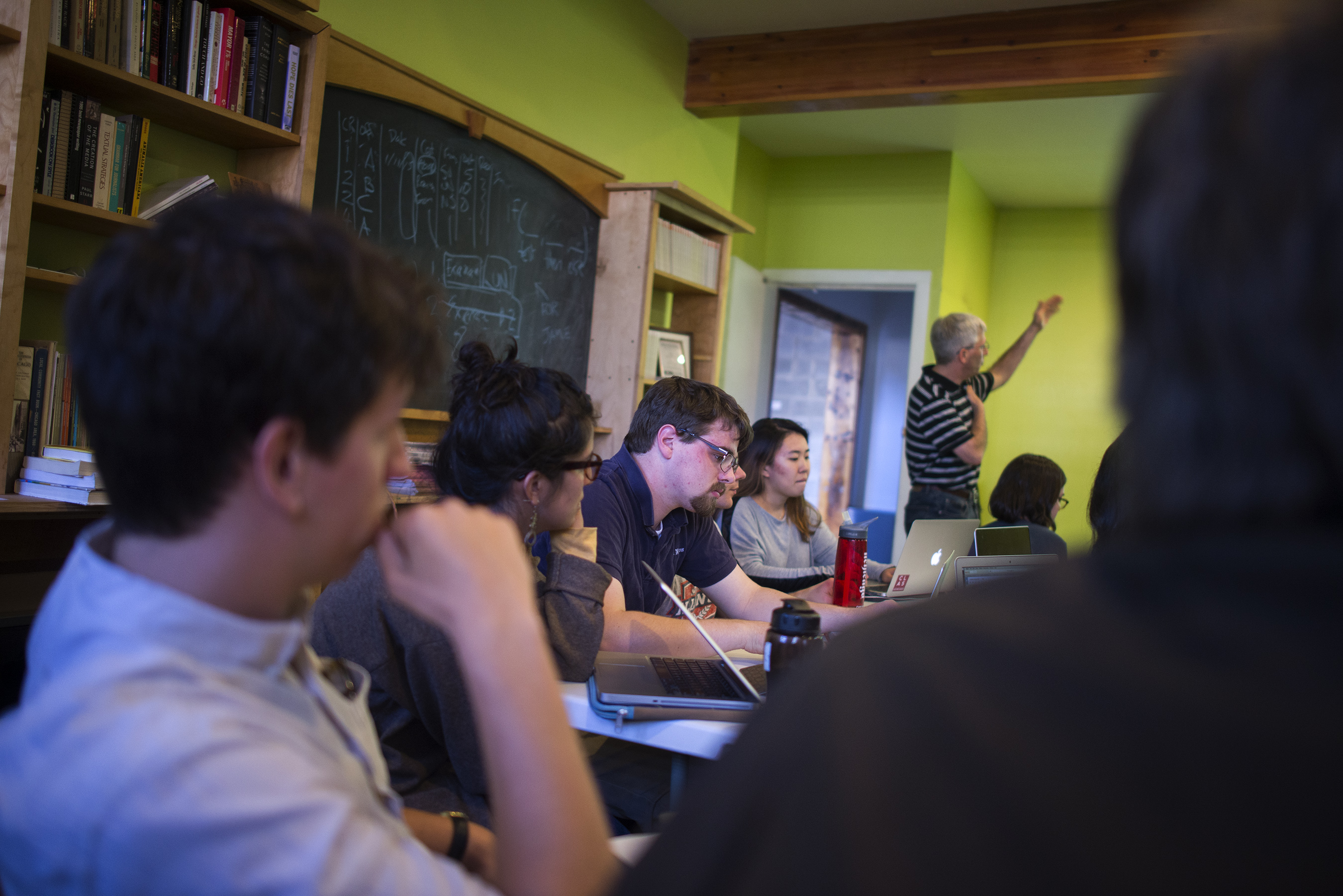February 14, 2017

The following is the latest post from Voqal Education Venture Fund Director, Vinny Badoloto sharing his thoughts on one way Voqal can help address the opportunity gap.
The Voqal Education Venture Fund (EVF) seeks to measurably reduce educational opportunity gaps by investing in school-centered solutions that enhance and enrich the educational experience so that every child can reach their full potential and thrive. This means mitigating school obstacles and bottlenecks that constrain or prohibit an individual from achieving this outcome, while helping open gates to multiple pathways to find personal success.
This is a daunting task that can be addressed through scores of different interventions, and there is no one best solution to fix education for all. To maximize impact, the EVF focuses on targeted strategies that have demonstrated significant measurable and scalable impact on reducing educational opportunity gaps. One of these strategies is identifying and developing non-cognitive skills, also known as Social Emotional Learning (SEL).
There is a deep body of research that points toward the importance of the identification and development of non-cognitive skills for success in school and adult life. These skills are not typically thought of as academic in nature, unlike literacy and numeracy. Examples of non-cognitive skills include: problem solving, critical thinking, self-control, self-awareness, persistence, flexibility, creativity and teamwork.
More recent research has focused on fostering SEL in the schools, with very promising results. Studies are finding improved student outcomes when students are given access to tools and methods for identifying and developing their non-cognitive traits. Importantly, the earlier we start integrating SEL into learning, the stronger the resulting outcomes. This not only relates to academic performance, but also to improvements in focus and attention, reductions in negative behavior and better interactions with other students and teachers. When combined with conflict mitigation programs like Restorative Justice, schools also show a marked reduction in suspensions and interactions with the police, two damaging outcomes closely associated with opportunity gaps. SEL programs have also identified students that are struggling emotionally, allowing for early interventions.
Pairin, a Voqal EVF portfolio company, is showing promising results in this area. Pairin uses their Readiness Management System to facilitate the development and track the growth of the essential skills students need to succeed in life and career. Based on over 60 years of scientific research, it is the only longitudinal, non-cognitive measurement available. Pairin’s tools allow schools to meet the real world achievement needs of every student, accelerate college and career readiness, and increase graduation rates. They train teachers in their proven methodology and provide all the resources necessary to integrate essential skills learning into any grade, program or subject. It starts with a baseline measurement of a set of students to prioritize which skills to focus on. Hands on curriculum integration training allows teachers to integrate skills learning into any curriculum. The integrated rubrics give teachers the ability to monitor student progress daily as students learn to self-manage, improve relationships and enhance learning opportunities.
Implementing dedicated programs that identify and develop SEL in school comes with a caveat. In our age of accountability and grading teachers and schools on learning outcomes, we would be wise to not attach an accountability scheme to any non-cognitive skills program or application. I am not a true believer that school-based accountability in the punitive and rudimentary way we utilize it today is very effective in improving student learning outcomes. I firmly believe that a blunt mechanism to hold schools accountable for development of SEL would only serve to degrade programs and diminish positive outcomes. Let’s do this, but let’s do it right.
For more information on evidence-based SEL, visit the Collaborative for Academic, Social, and Emotional Learning (CASEL) at http://www.casel.org/.